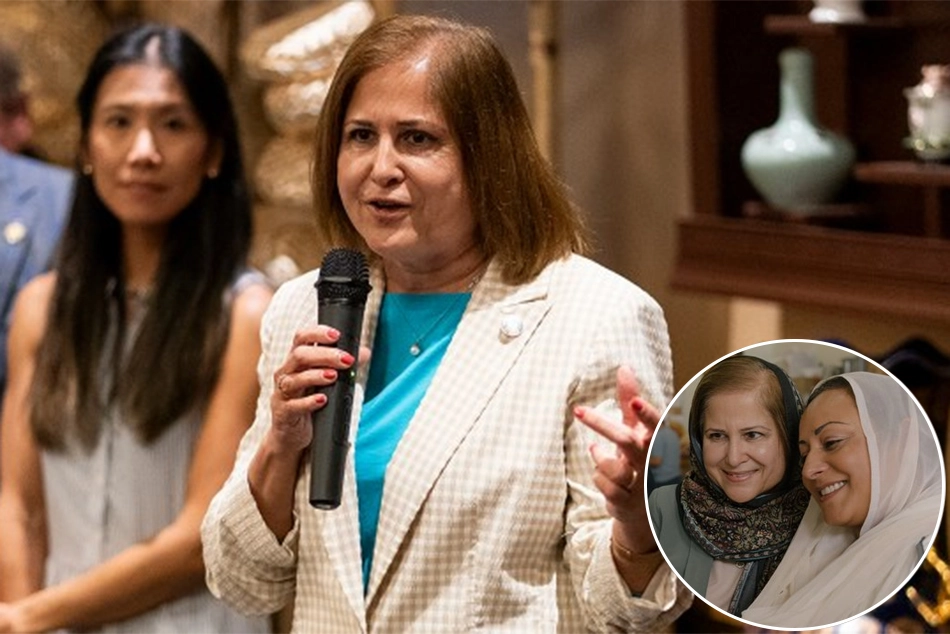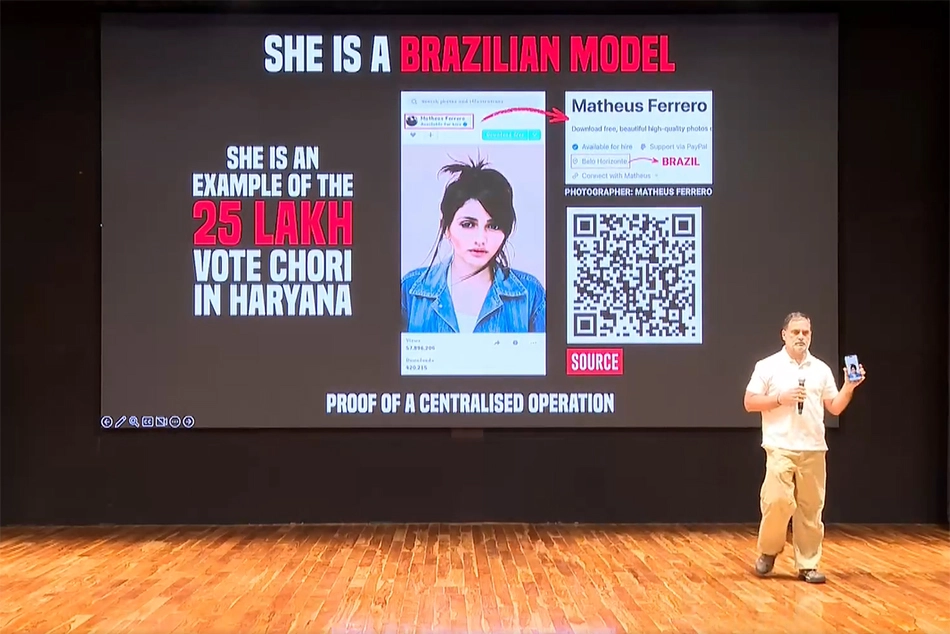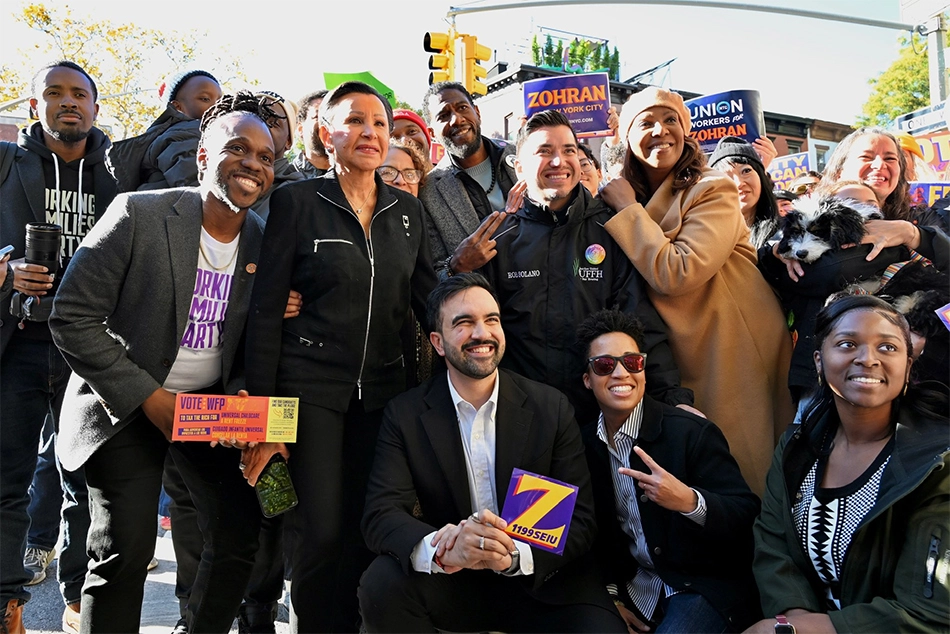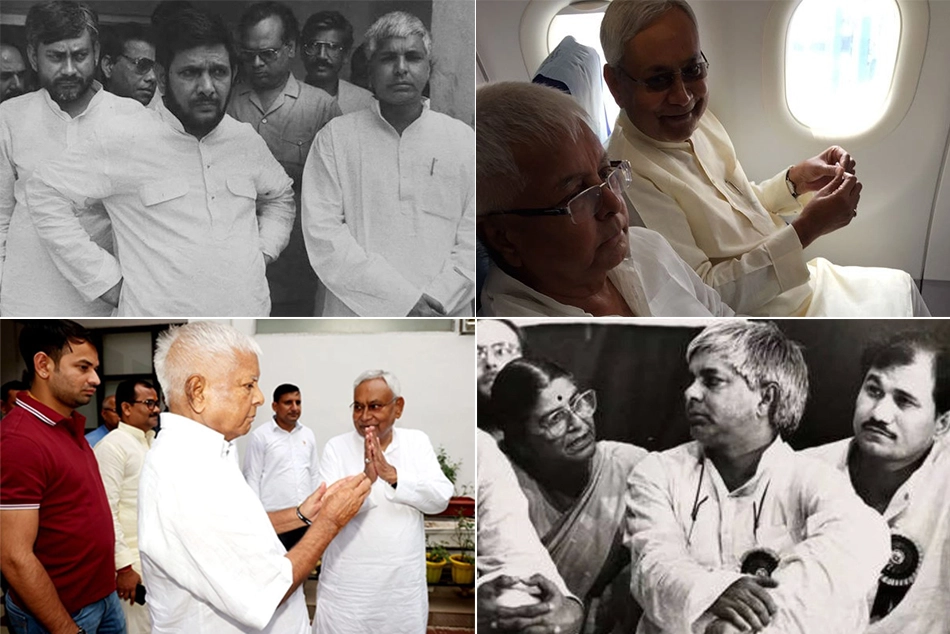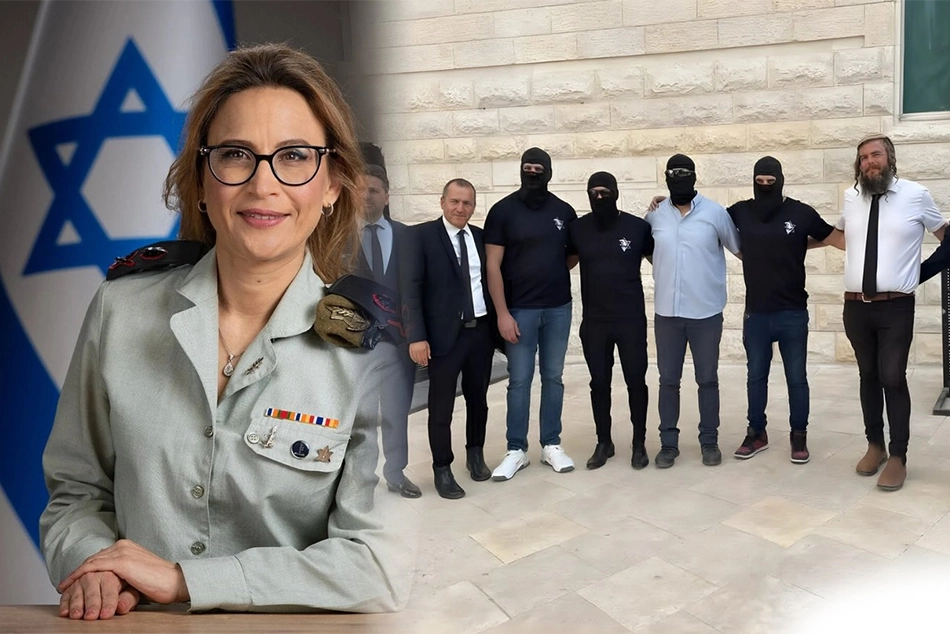
Distorted, Against National Unity: PM Modi's Vande Mataram Views Spark Row
Jamiat Ulama i Hind, the largest representative body of Indian Muslims, has objected to Prime Minister Narendra Modi's views about Vande Mataram, calling them distorted and against the spirit of national unity.
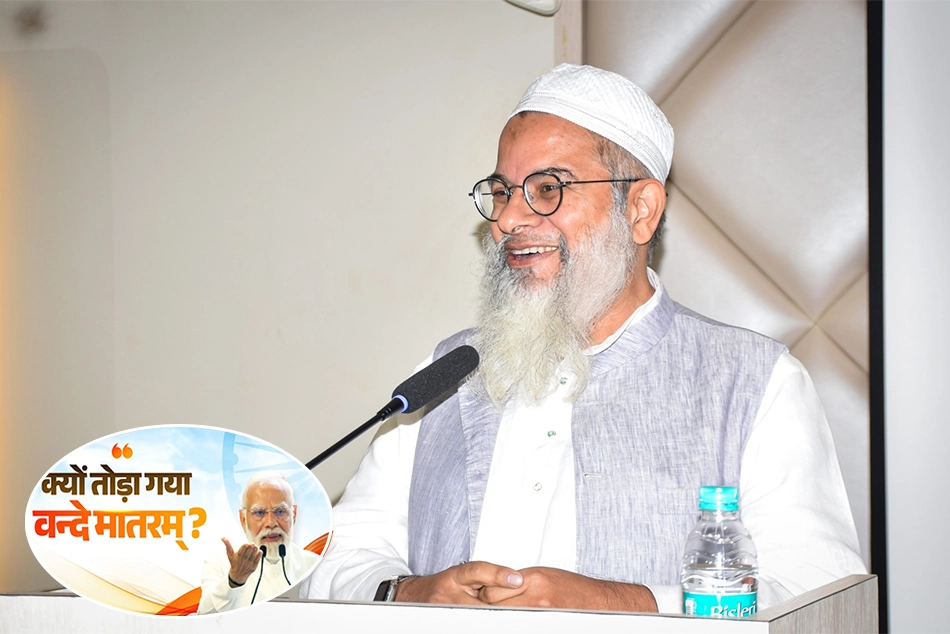
New Delhi: Jamiat Ulama i Hind, the largest representative body of Indian Muslims, has objected to Prime Minister Narendra Modi's views about Vande Mataram, calling them distorted and against the spirit of national unity.
Commenting on PM Modi’s attempts made while celebrating 150 years of Vande Mataram to link the omission of certain parts of the popular song written by Rabindranath Tagore to the Partition of India, Jamiat President Maulana Mahmood Madani described them as misleading, historically inaccurate, and contrary to the spirit of national unity.
Referring to historical records, Maulana Madani pointed out that on October 26, 1937, Rabindranath Tagore wrote to Jawaharlal Nehru advising that only the first two stanzas of Vande Mataram be accepted as the national song, since the remaining verses conflict with the beliefs of monotheistic religions.
“Following this advice, the Congress Working Committee, on October 29, 1937, resolved that only the first two stanzas would be recognized as the national song”, Maulana Madani said.
“Therefore,” he said, “invoking Tagore’s name today to justify enforcing the entire composition is not only a distortion of historical truth but also an affront to both national unity and the dignity of Tagore himself”, Maulana Madani said.
“It is deeply regrettable that the Prime Minister has attempted to link this inclusive historical decision with Partition, whereas Tagore’s intention was to preserve the unity of the nation”, he added.
“Violation of Fundamental Right”
Jamiat President Maulana Mahmood Madani also expressed deep concern and strong objection to the directives issued by several state Block Education Officers, mandating all government and private school students and their parents to sing Vande Mataram and record it on video.
He said such orders are serious violation of the fundamental right to religious freedom guaranteed under the Constitution of India and sets a dangerous precedent for civil liberties.
He said that Vande Mataram in its complete form is rooted in shirkiya aqaaid (polytheistic beliefs). Particularly, in the remaining four stanzas, the motherland is depicted as Hindu goddess Durga and addressed with words of worship — concepts that clearly conflict with the Islamic belief in the oneness of God.
“Muslims believe in one God and worship Him alone,” Maulana Madani said.
“Therefore, singing verses that ascribe divinity to anyone other than Allah goes against our faith and conscience”, he said.
Maulana Madani reminded that the India’s Constitution upholds both religious freedom (Article 25) and freedom of expression (Article 19), ensuring that no citizen can be compelled to recite any song, slogan, or idea that contradicts their faith.
Maulana Madani also referred to the Supreme Court’s 1986 ruling (Bijoe Emmanuel vs. State of Kerala) which affirmed that no individual can be forced to sing the national anthem or any song if it conflicts with their religious beliefs.
Maulana Madani emphasized that love (devotion) and worship (ibadat) are two entirely different things.
“Muslims’ love and loyalty for this country are unquestionable,” he said.
“Their sacrifices in India’s freedom struggle and in safeguarding the nation’s unity and integrity are written in history. True patriotism lies in loyalty of the heart and in righteous action — not in slogans or forced expressions”, he added.
Maulana Madani stressed that the Vande Mataram issue should be discussed within the framework of constitutional rights and mutual respect for religious beliefs, not through political posturing or divisive rhetoric.
“Jamiat Ulama-i-Hind calls upon the Prime Minister and all national leaders to refrain from politicizing sensitive religious and historical matters, and instead to strengthen the atmosphere of mutual respect, tolerance, and unity that forms the foundation of India’s democracy”, he said.
Follow ummid.com WhatsApp Channel for all the latest updates.
Select Language to Translate in Urdu, Hindi, Marathi or Arabic

